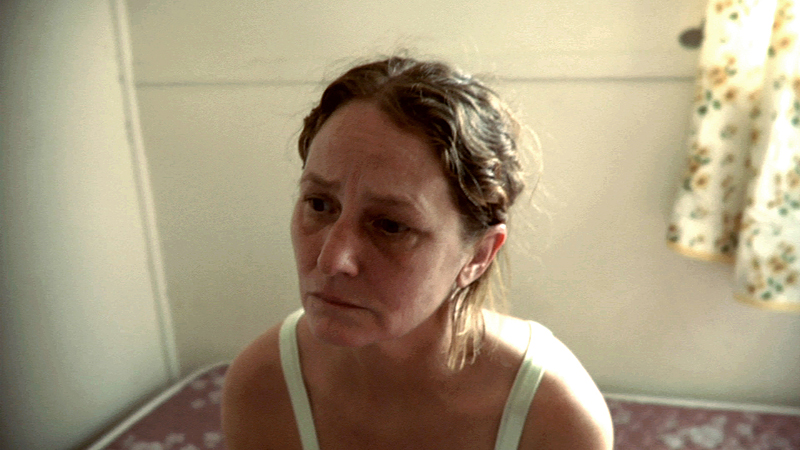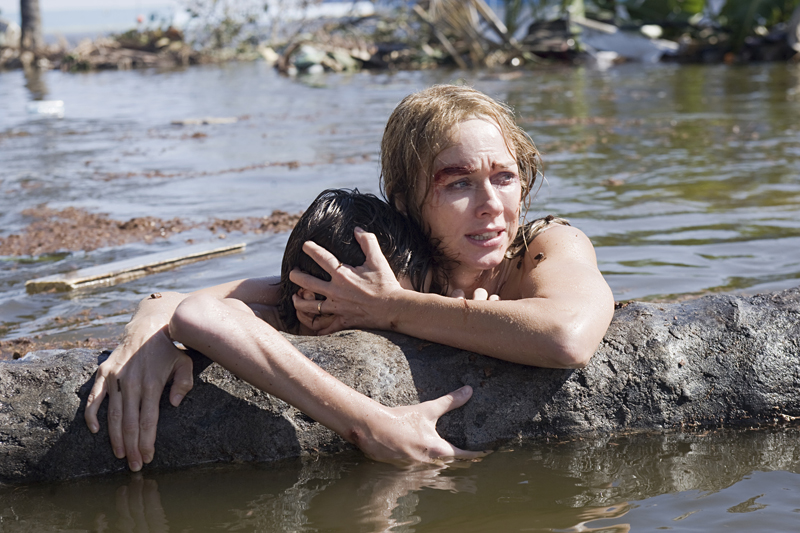Eugene Jarecki’s Sundance award-winning doc is an occasionally muddled disquisition on the colossal failure of the war on drugs. It rehashes much that will be familiar to even the most casual reader of newspapers: that this “war” is waged against the poor, particularly minorities. Yet what’s riveting and attention-grabbing in Jarecki’s recapitulations of failed policy are some of the talking heads he has assembled, including The Wire creator David Simon and historian Richard Lawrence Miller. The film’s impetus, Jarecki narrates, came from his pondering the troubled fate of the son (and other relatives) of Nannie Jeter, the African-American woman who worked for many years for the director’s well-to-do white family in New Haven, Conn. Jeter, a thoughtful, soft-spoken woman, singles out drugs as the source of her family’s misfortune, prompting Jarecki to set out on a 20-state “journey” to talk to those in the trenches of this 41-year-old, impossible-to-win battle. Yet with so many directorial asides that begin “I couldn’t help but notice . . . ” or “I wondered what it was . . . “, Jarecki sounds like Carrie Bradshaw after a poli-sci lecture. More powerful are the historical footage and talking heads. Simon lays the blame squarely on a capitalist system color-blind in its disdain of those on the economic margins: “If we kill the poor, we’re going to be a lot better off—that’s what the drug war’s become.” Miller articulates the process of the “chain of destruction” of the Jews in Europe and notes the similarities in the lives ruined by the war on drugs.
The House I Live In: The Real Cost of the War on Drugs








